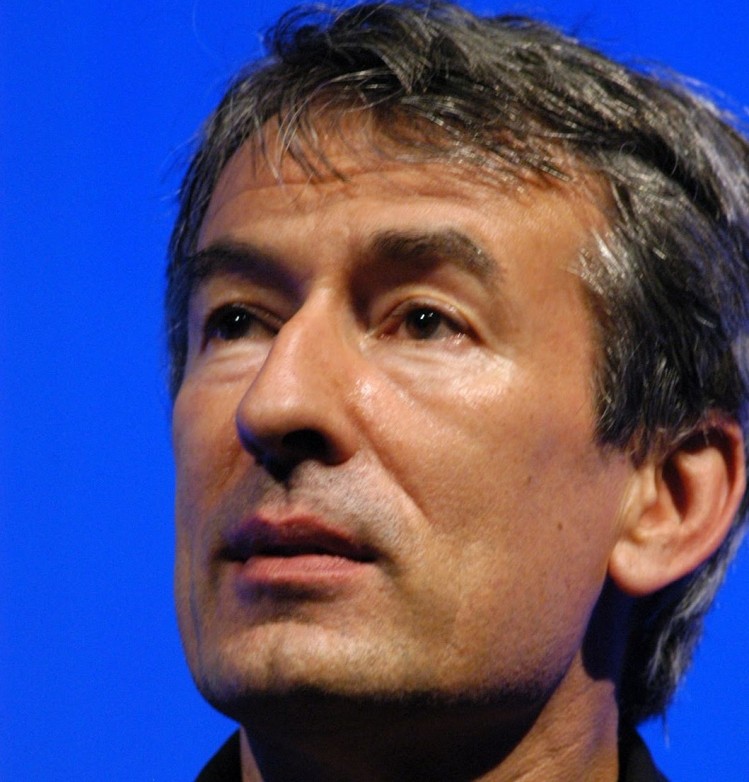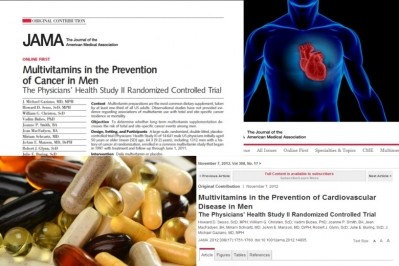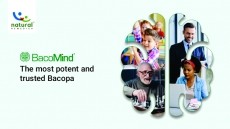Can we reverse the tidal wave of diabetes?
One of the most provocative presentations of the show was from Dr Paul Clayton, pharmaco-nutrition guru and consultant to Gencor, who argued that mainstream medicine has successfully seen off the kind of infectious diseases that killed off our grandparents' generation, but has spectacularly failed to tackle the degenerative afflictions that are killing us today, such as cancer, heart disease and type 2 diabetes, all of which are related to poor diet and lifestyle.
The tragedy, he says, is that unless we make radical changes to our diets, things will only get worse. "We are living in a pathogenic culture. Non-insulin-dependent [Type 2] diabetes hardly existed 100 years ago. Now it affects 16% of Americans over 35."
New research into the diets of people living in the US and the UK in the 19th century suggests that cancer, heart disease and dementia are not inevitable parts of ageing, and that their incidence could be significantly reduced through improved nutrition, he added.
Indeed, contrary to popular belief, those who survived infancy in this period had a life expectancy similar to our own, and while many died of infectious diseases, childbirth and industrial accidents, they did not spend the last 10 years of their lives in a state of progressive medical dependency owing to chronic disease, he said.
Cancer, cardiovascular disease and dementia kill two-thirds of people today, but they were very rare in the mid-19th century, and yet we assume they are just part of ageing, he said. But they are not.
The absence of 'modern' diseases like these among people of this period could be attributed to their high levels of physical activity and a diet that was rich in complex carbohydrates, fruits and vegetables, omega-3s, prebiotic fibres, and relatively low in salt, alcohol, tobacco, vegetable oil and sugars, claimed Clayton.
"They were eating 3-4,000 calories a day and burning them all off."
Today we tell people they can eat 2,000 calories a day and get all the nutrients they need from eating a balanced diet, he said, but that's almost impossible for most people.
Most people are therefore depleted in most micronutrients, said Clayton.




























